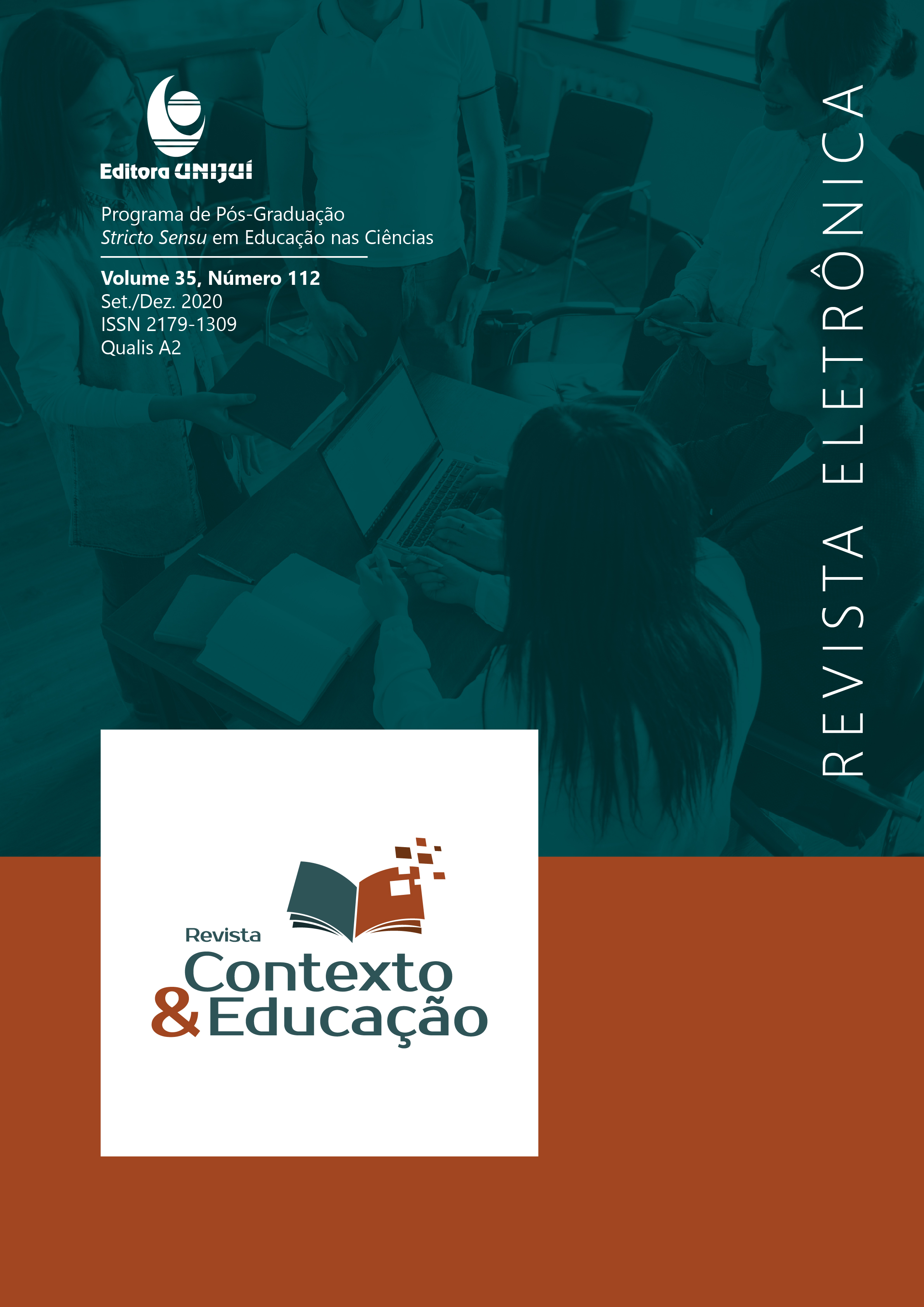TRABALHO POR PROJETOS NA EDUCAÇÃO PROFISSIONAL E TECNOLÓGICA – UM PANORAMA DE DIFERENTES VISÕES
DOI:
https://doi.org/10.21527/2179-1309.2020.112.170-184Palavras-chave:
Metodologia de projetos. Educação profissional e tecnológica. Vertentes político-pedagógicas. Currículo integrado.Resumo
A criação dos Institutos Federais de Educação, Ciência e Tecnologia em 2008 deu novo impulso e formato à educação profissional e tecnológica no Brasil. O currículo integrado passou a ser o norte dessa nova concepção e diversas estratégias foram postas em prática para operacionalizá-lo, incluindo o trabalho por projetos. O presente artigo tem por objetivo fazer um breve resgate de vertentes pedagógicos e de contextos históricos do trabalho por projetos para debater sua aplicação, em especial, na educação profissional e tecnológica de acordo com três diferentes vertentes político-pedagógicas: Pragmatismo, Fenomenologia Social e Materialismo Histórico-Dialético. Para isso, foi realizada uma revisão bibliográfica precedida de discussão teórica em que são apresentadas as principais características e diferenças no trabalho por projetos. Ao final, propõe-se um esquema de modo a sintetizar o trabalho por projetos nessas três grandes correntes.
Downloads
Publicado
Como Citar
Edição
Seção
Licença
Ao publicar na Revista Contexto & Educação, os autores concordam com os seguintes termos:
Os trabalhos seguem a licença Creative Commons Atribuição 4.0 Internacional (CC BY 4.0), que permite:
Compartilhar — copiar e redistribuir o material em qualquer meio ou formato;
Adaptar — remixar, transformar e criar a partir do material para qualquer fim, inclusive comercial.
Essas permissões são irrevogáveis, desde que respeitados os seguintes termos:
Atribuição — os autores devem ser devidamente creditados, com link para a licença e indicação de eventuais alterações realizadas.
Sem restrições adicionais — não podem ser aplicadas condições legais ou tecnológicas que restrinjam o uso permitido pela licença.
Avisos:
A licença não se aplica a elementos em domínio público ou cobertos por exceções legais.
A licença não garante todos os direitos necessários para usos específicos (ex.: direitos de imagem, privacidade ou morais).
A revista não se responsabiliza pelas opiniões expressas nos artigos, que são de exclusiva responsabilidade dos autores. O Editor, com o apoio do Comitê Editorial, reserva-se o direito de sugerir ou solicitar modificações quando necessário.
Somente serão aceitos artigos científicos originais, com resultados de pesquisas de interesse que não tenham sido publicados nem submetidos simultaneamente a outro periódico com o mesmo objetivo.
A menção a marcas comerciais ou produtos específicos destina-se apenas à identificação, sem qualquer vínculo promocional por parte dos autores ou da revista.
Contrato de Licença (para artigos publicados a partir de outubro/2025): Os autores mantém os direitos autorais sobre seu artigo, e concedem a Revista Contexto & Educação o direito de primeira publicação.


